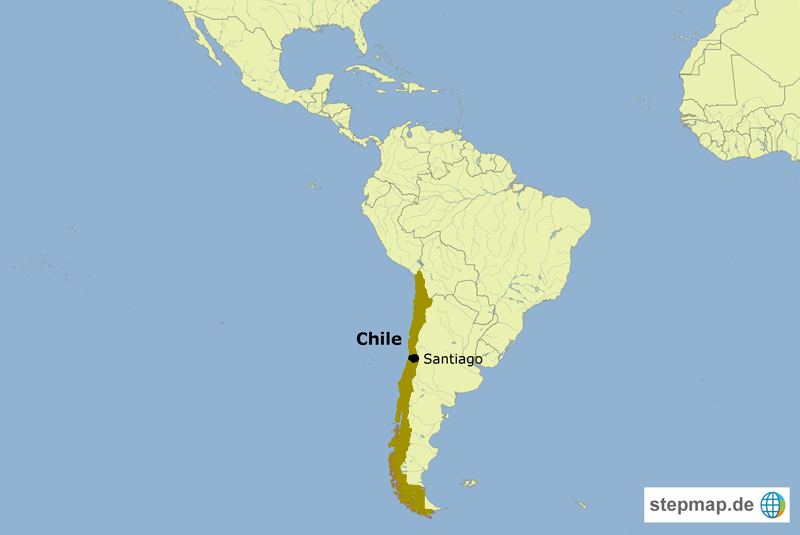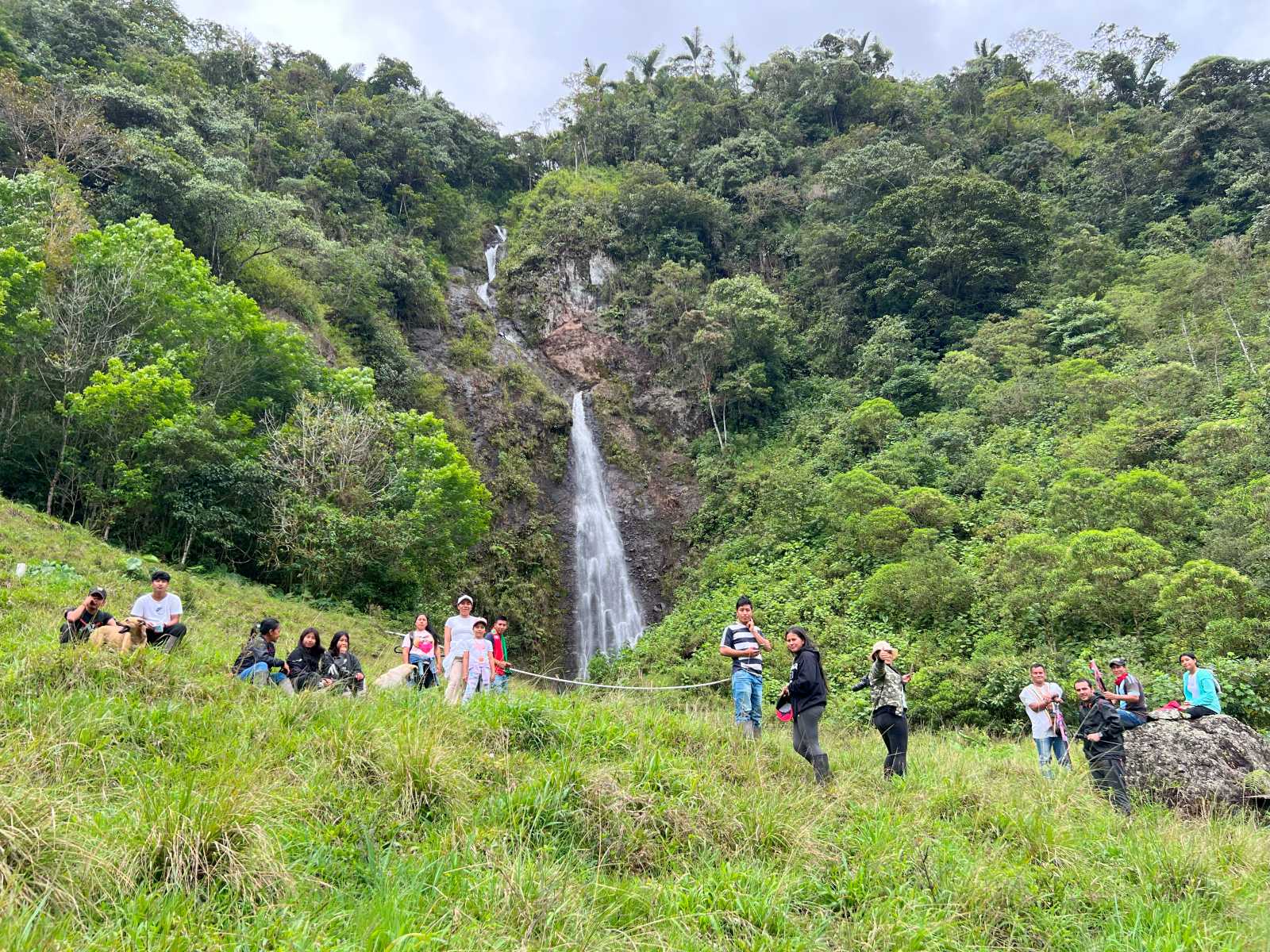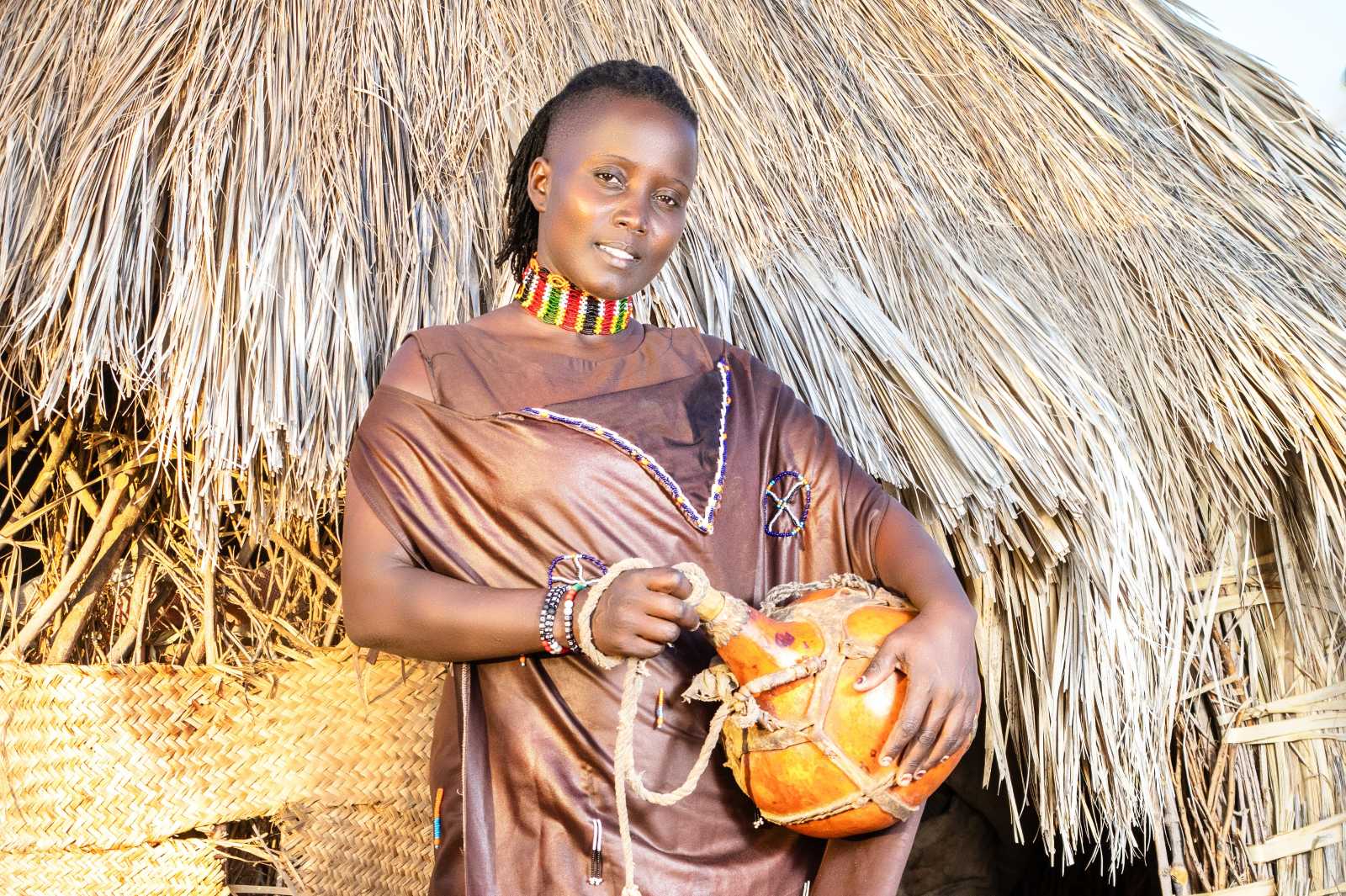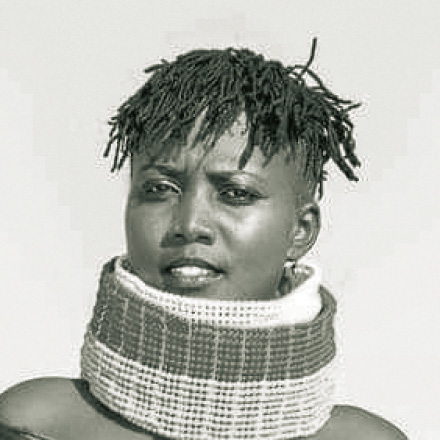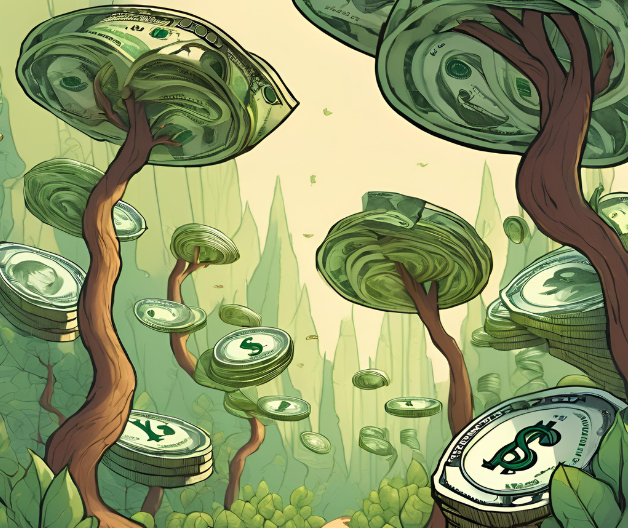Land rights and environmental protection
Where is Julia Chuñil?
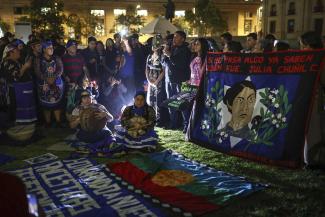
“For us, my mother is no longer alive. That may sound harsh, but at this point we just want to find her remains.” These words were uttered by Pablo San Martín Chuñil, one of Julia Chuñil Catricura’s five children. The Mapuche environmental activist was last seen on 8 November 2024 on disputed land near the town of Máfil, about 800 kilometres south of the Chilean capital of Santiago.
The activist, who was 72 at the time, was fighting for a forested plot of land called Reserva Cora Número Uno-A on behalf of the Mapuche community that she was the leader of. Julia Chuñil wanted to maintain the land according to Mapuche tradition, which is characterised by smallholder agriculture and livestock farming – and prevent a forestry company from encroaching into the area.
As a social and ecological pioneer in the region, Julia Chuñil made enemies. According to her family, she received threats and bribery attempts, which she resisted. The family suspects a regional businessman of having her disappeared because he wanted to clear the forest. The public prosecutor’s office ordered a police investigation, but so far it has raised more questions instead of making real progress.
A history full of conflict
Julia Chuñil’s case has interested many people in Chile and has also been picked up by international media. It has become part of the long history of conflict between the Chilean government and the Mapuche community, the largest Indigenous group in the country. Since democracy was introduced in 1990, many Indigenous leaders in Chile have fought to defend their territory – like Julia Chuñil, who lived in the city and returned to the country to protect ancestral Mapuche regions from logging. At the same time, the forestry business, especially the harvest of pine and eucalyptus trees, has become more and more lucrative.
Forestry is now the third-largest export industry in the country – after copper mining and fishing and aquaculture, which has led to a decline in agricultural land. In 2022, over 2 million hectares were designated for timber production in Chile. This issue has long led to direct confrontations with Mapuche groups who are defending their rural way of life.
For example, in 1997, Mapuche groups in southern Chile carried out violent attacks against forestry companies. Police operations by both left- and right-wing governments have allowed the situation to escalate. Dozens of civilians and police officers have lost their lives. At the same time, criminal groups involved in drug trafficking and timber theft have exploited the so-called “Mapuche conflict” to expand their illegal activities in rural Chile. The combination of violence, repression and criminality has resulted in a state of emergency being declared in two of the most affected regions, meaning that the military has been given responsibility for security.
Mutual mistrust
Gloria Callupe Rain is a member of the Commission for Peace and Understanding, which the government of left-wing president Gabriel Boric created to promote dialogue with the Mapuche. The Mapuche expert describes the conflict between the Chilean state and its Indigenous Peoples as far-reaching, historically determined and characterised by mutual mistrust.
“Violence takes many forms and is linked to the government’s relationship to the Mapuche people and countless broken promises. We have institutions that do not fulfil their duties and legal proceedings that drag on for years even though they concern legitimate claims like land restitution and recognition. That leads to frustration, pain and hopelessness, which in turn lead to violence,” she explains.
For Gloria Callupe, the story of Julia Chuñil is also the story of the historical disenfranchisement of the Mapuche people. “Only when you understand the depth of the conflict and the enormous damage it has caused will you see that the Mapuche are asking for reparations, not preferential treatment.”
No one is looking for Julia anymore
Karina Riquelme Viveros, an attorney who for many years has defended Mapuche cases and now represents Pablo San Martín Chuñil, says that the only certainty that the family of the vanished environmental activist has is that “the search efforts of the past eight months have been inadequate”. The human-rights attorney accuses the investigative authorities of trying to hold Julia’s own children responsible for her disappearance. Yet she claims they have ignored much more promising investigative leads, such as the constant harassment that Julia Chuñil was subjected to.
“The biggest barriers are the classism and racism of the institutions that initially only investigated the family and disregarded all other aspects,” Karina Riquelme Viveros says. “That has lowered the chances of finding Julia.” Moreover, administrative and financial reasons are now being produced to explain why certain investigative measures were not taken, which she considers unusual.
She adds that her client, Pablo San Martín Chuñil, worries that he is becoming the victim of a fabricated charge. Pablo San Martín Chuñil confirms the statements by his attorney. “The past few months have been very difficult for us as a family,” he says. “There have been repeated attempts to hold us responsible for my mother’s disappearance. They tried to accuse my sister. She was locked in a delivery van and asked to incriminate herself. It was terrible. So, it is very hard to have trust.” He reports that the search for his mother has already been called off and the family’s hopes are fading – while the justice system continues to provide no answers.
Solidarity in Chile and worldwide
As the world follows the Chuñil case, people who fight for land rights and the environment continue to be persecuted on a massive scale. According to a report by the civil-society organisation Global Witness in 2023, at least 196 activists were killed, 85 % of whom lived in Latin America, especially in Colombia and Brazil.
Although the problem is not nearly as severe in Chile as in those countries, violent attacks on activists have recently increased. In 2024, the civil-society organisation Escazú documented 47 cases of human-rights violations against environmental activists, approximately half of which were physical attacks.
Escazú is also supporting the family of Julia Chuñil. Its legal strategy has been to take the case to international courts in light of the lack of progress. In July, the Inter-American Commission on Human Rights called on the Chilean government to intensify its efforts to find Chuñil.
Solidarity with the family is growing on the local level, too. Javier del Río Richter is the spokesperson of the “Coordination group for Julia Chuñil”, one of many groups that have sprung up to support her and her family. He reports that the group holds a demonstration every Thursday in the city of Concepción to raise awareness about the case. “We’re showing the family that they’re not alone, that there are more people who are fighting for their mother, for their grandmother, for Julia,” says Javier del Río Richter. On social media, they are in contact with other support groups, including outside Chile in places like Mexico, Spain, Argentina and Brazil, where the case has also generated interest.
These expressions of sympathy are helping Julia Chuñil’s family bear the pain. But they can’t answer the questions that this case has raised. “All we want is for the torture to end, the justice system to do its job, no more innocent people to be accused and for the person who is actually responsible for my mother’s disappearance to be found,” says Pablo San Martín Chuñil.
Javier A. Cisterna Figueroa is a Chilean journalist and lives in Concepción.
cisternafigueroa@gmail.com

